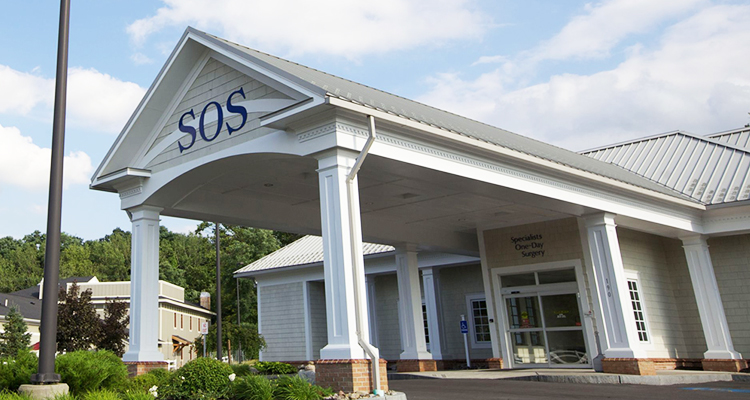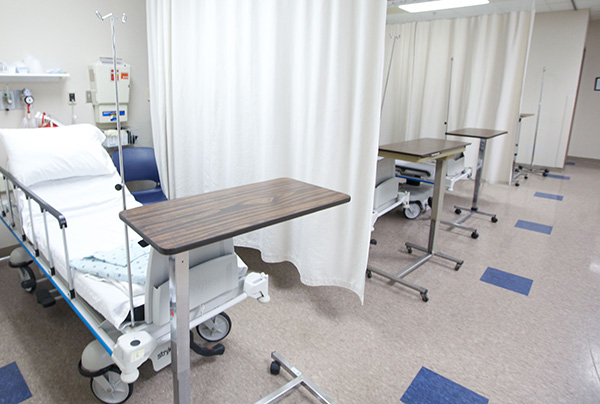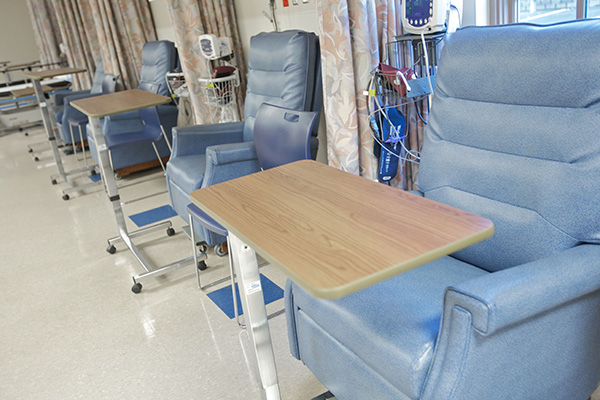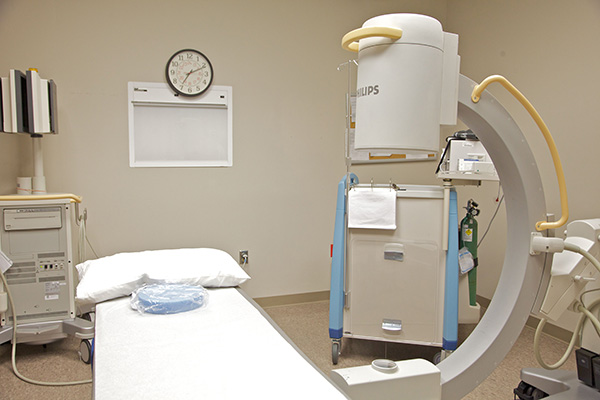
What To Expect The Day Of Your Surgery
What can I expect during the few hours before my surgery?
Arrival: When you arrive at Specialists One Day Surgery Center you will be able to park without charge, in the front parking lot. When you come in the front entrance you will arrive immediately at the receptionist’s desk. Please sign in and she will assist you shortly. The receptionist will ask you to confirm our information for you is correct and then you and your companion will be able to take a seat in the waiting room.
On the day of surgery, you will be asked to come to the surgery center 1 to 1 ½ hours before your procedure is scheduled to begin. You will be asked a lot of questions in the time leading up to your surgery and some will seem repetitive, but this allows us to make sure we have current and correct information.
In the Pre-Operative Holding Area
You will then be taken to a pre-operative holding area. The staff will put your belongings in a special bag and it will travel with you under your stretcher, or you may choose to give these items to a family member or friend. We ask that any valuables remain with a family member.

We will verify you have a ride home following your surgery. For your safety, we will have to reschedule your surgery if you do not have a ride home. Your Pre-Anesthesia nurse will then begin to prepare you for your surgery.
The nurse will have you sign some important paperwork. He or she will take your temperature, blood pressure and pulse, do a nursing assessment, review your medications and answer any questions you may have.
An intravenous (IV) line will be placed in a vein in either your hand or arm. The purpose of the IV is to provide fluids and medications during the surgery.
We will ask you to remove all hairpins, dentures, hearing aids, piercings, contact lenses and glasses unless you are told by the staff you can keep those items.

Anesthesia: You will meet your anesthetist and your anesthesiologist. They will both review your health details with you. The anesthesiologist will discuss with you the anesthetic plan for your surgery. This will include a plan for your post-operative pain control and nausea prevention. If indicated, the anesthesiologist will discuss a regional block that can be offered to you as part of your post-operative pain control. Please note, prescriptions for pain medication for use after your surgery, will be provided by your surgeon.
You will also meet your Peri-operative nurse and your surgeon before your surgery. They will ask you many of the same questions about you and the surgery you will have. These will seem repetitive but they are very important to ensure we have the current and correct information.
In the Operating Room
The operating room is a busy area with bright lights where everyone is dressed the same way. When it is time for surgery to begin, you will be taken to the operating room on a stretcher. The operating room is extremely clean. We call it “sterile.”
The operating room team members will put masks on their faces as they enter the room to keep it free of germs and to ensure your safety. The room is cool. We will provide warm blankets for you once you are moved to the operating table.

In the Post Anesthesia Care Unit
Where will I go after surgery?
Right after surgery, you will be taken to the Post-Anesthesia Care Unit (PACU), where nurses will take care of you and watch you closely. A nurse will check your temperature, blood pressure and pulse often, look at your bandages, regulate your IV and give you pain medication as needed.
The average PACU stay is twenty minutes to 1 hour. The length of your stay will be determined by the type of anesthesia you received and whether your PACU nurse will treat you for pain and or nausea.
What do I need to tell the PACU/Recovery Nurse?
Please let the PACU nurse know as soon as you are aware of pain. She will ask you to rate your pain on a 1–10 scale. 1-3 is very minimal pain, 4-5 small pain, 6-8 moderate pain, and 9-10 is the most severe pain you can imagine.
Also, if you experience nausea let the PACU nurse know as soon as possible so she can give you medication to control this.
What can I do about nausea (feeling sick to my stomach)?
Some patients feel very sick to their stomach (nauseous) after surgery. It is important to tell your nurse about this right away so it can be treated with medication. If you have had problems with nausea in the past, the anesthesia care provider should know this before surgery.
In the Post-operative Discharge Unit
When will I see my family after surgery?
You will be able to see your family once you are moved from the PACU to the post-operative discharge area.
What if I need an interpreter?
When an interpreter is needed to communicate effectively with the patient, this person will be allowed into the PACU prior to the patient’s transfer to the post-operative discharge unit. The interpreter can be a professional interpreter or a family member who is fluent in both languages, is comfortable performing this service, and is comfortable in areas where medical care is provided.
